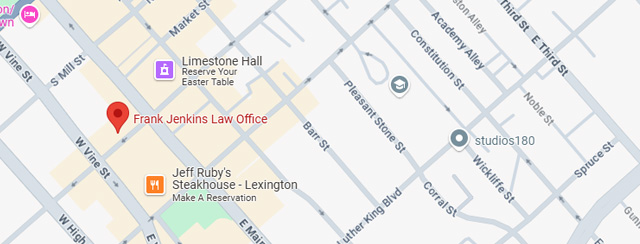One of the stated goals of the Kentucky workers’ compensation program is to return the employee to work as soon as possible. In some cases, the worker’s injury results in permanent disability and return to work is not possible. But in the majority of Kentucky workers’ comp cases, the employee eventually goes back on the job.
Unless the worker has a partial disability, workers’ compensation benefits typically cease when the employee returns to work. Unfortunately, this can create an improper incentive for the employer’s insurer to want the employee to return to work quickly, sometimes too quickly. It is not unheard of for an injured worker to return to work and then suffer a relapse or simply find himself or herself unable to perform job duties. If the worker seeks to resume workers’ compensation benefits, this can result in disputes between the worker and the insurer.
Issues can also arise when an employer seeks to reassign an employee, such as to light duty or temporary modified duty assignment, or balks at providing reasonable accommodations to enable the employee to resume their job duties. Appropriate light-duty jobs for an employee with a permanent partial disability can be valid, but must be designed or accommodated according to the employee’s needs, which may change over time.
If you suffer complications with your return to work after a workers’ compensation claim, the Frank Jenkins Law Office can help. Call us today at 859-389-9344 or reach us through our online contact form. We’ll provide an initial consultation for free, and we won’t request a fee from you until our legal team obtains an appropriate workers’ compensation settlement for you.
Light Duty or Temporary Modified Duty Upon Return to Work
As a RAND Corp. study titled “Workers’ Compensation Reforms and Return to Work” suggests, an “improved return to work can benefit employers … through a number of mechanisms. These include reducing temporary and permanent-disability payments, reducing retraining costs and the lost employer investments in trusted employees, and reducing the potential for an adversarial relationship with the injured workers (which could lead to costly litigation).”
But, as RAND and others note, probably the most frequent complication of an injured employee’s return to work is disagreement about when the worker is ready to resume job duties. The sooner an employee returns to work, of course, the sooner workers’ compensation payments end, in the case of a temporary and/or partial disability, or are reduced.
The decision for an injured worker to return to work should be made between the employee and the treating physician and/or rehabilitation specialists. Some employers will involve a representative from the firm’s human resources department to ensure a transition that benefits the employee and the company. The process will go more smoothly if there is open communication among all parties. As always, you should obtain any directions your physician has for you in writing, and you should be sure you can always put your hands on a copy.
An injured employee returning to work may be assigned light duty or temporary modified duty (TMD).TMD is unique to each employer’s business needs, but the job tasks in a TMD should fit any restrictions required by the worker’s physician. Tasks in a TMD may be a portion of the employee’s regular job or tasks from other areas. The TMD should be understood as transitional — as the employee’s physical abilities change, so will the TMD.
The return to work and a full resumption of job duties by a healthy employee should be the goal of everyone involved in a workers’ compensation case. But even those who have the best intentions can disagree. An injured worker who is in recovery must take the long view and protect themselves from relapse or further injury. This may conflict with an employer whose eye is on how the current situation affects their bottom line. An experienced Kentucky workers’ compensation attorney can help workers advocate their side of the argument.
Return-to-Work Dispute? Get Help from Our Kentucky Workers’ Comp Lawyers
If you or a family member needs assistance with a proper return to work after a workers’ compensation claim, the Frank Jenkins Law Office can help. Contact our experienced Lexington workers’ compensation attorneys today at 859-389-9344 or through our online contact form. The initial consultation is free.












